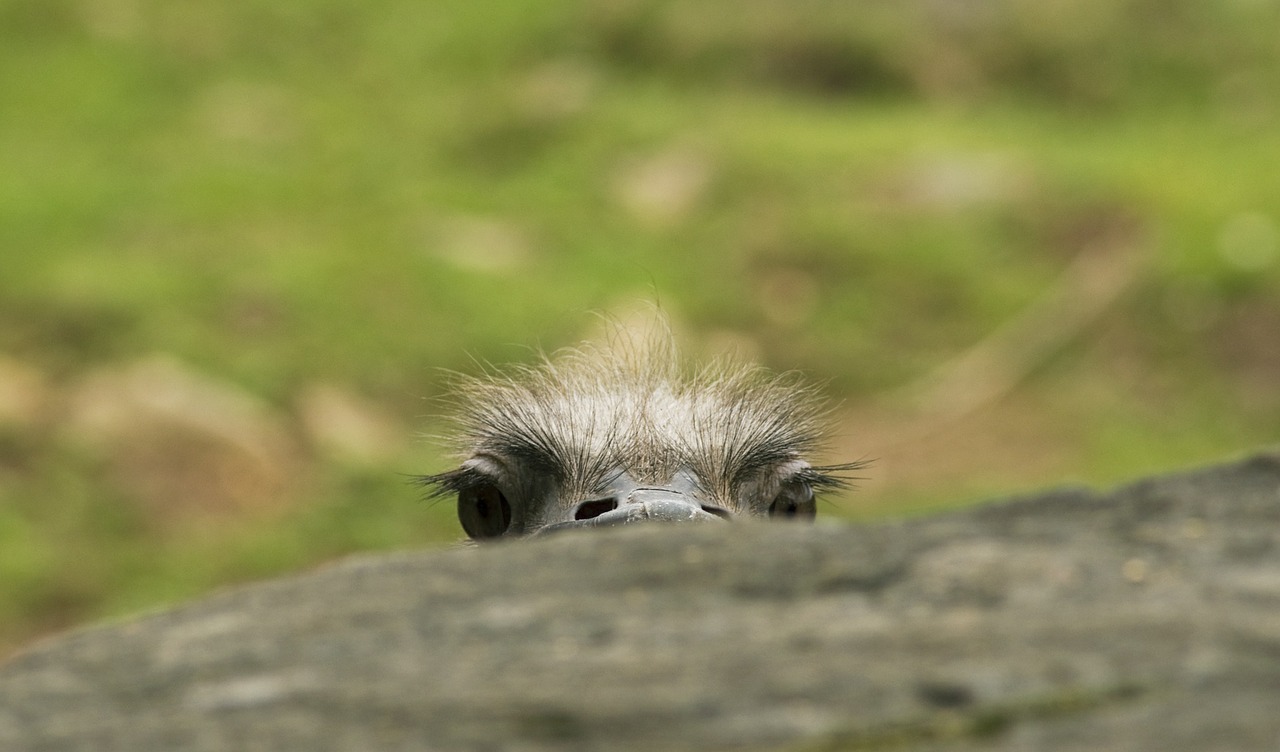
MY (R)EVOLUTION, PART 3.
For 20 years I’ve stayed away from the news. At first it was by force, because I was travelling in Asia in times long before internet was omnipresent, when finding a newspaper in a language I could read was rare, and internet-cafés were sparse.
During my travels I started volunteering on remote farms or in small villages, renting a simple house. I haven’t lived in a house with TV for almost 20 years now.
By default, I stopped keeping up with the news, and pretty soon I was completely out of the habit of trying to find out what’s going on in the world.
I actually found it a relief not following the news. I had more time to do other things, and I felt over-all happier. News is mostly bad news, and it always makes me feel upset, sad, angry, powerless, frustrated or shocked. It is also mostly news that I cannot do much about, since it happens far from where I live, now already for 13 years on this tiny speck of land in the Caribbean Sea.
For years of my life I had let the news drain my energy, when I was younger. Once I discovered how much better I felt when I didn’t know all that news, without ever feeling that not knowing what’s going on in the world threatened my well-being or my life, I made it a point of not keeping up with it, period.
When on April 19 of this year protests against a change in the social security system here in Nicaragua resulted in hundreds of injured and dozens of dead people thanks to police violence, I was still in the “I don’t want to know this”-mode.
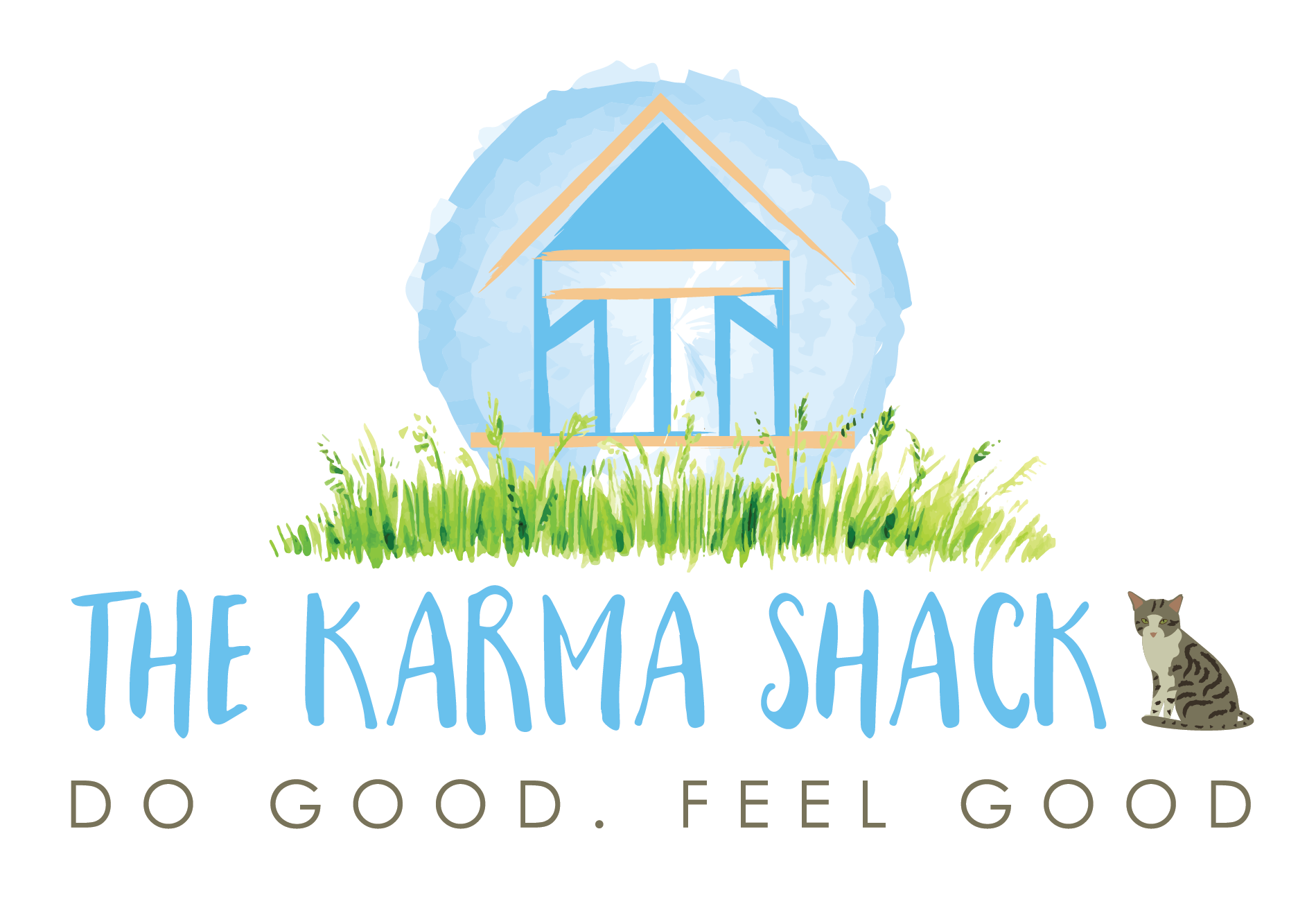
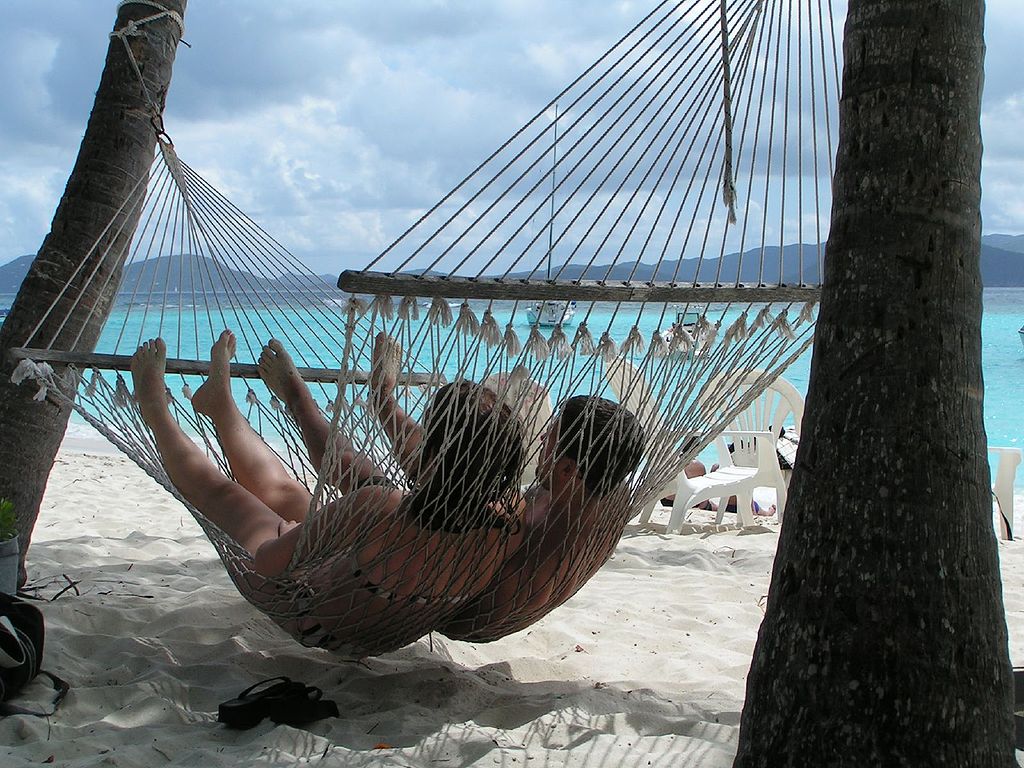
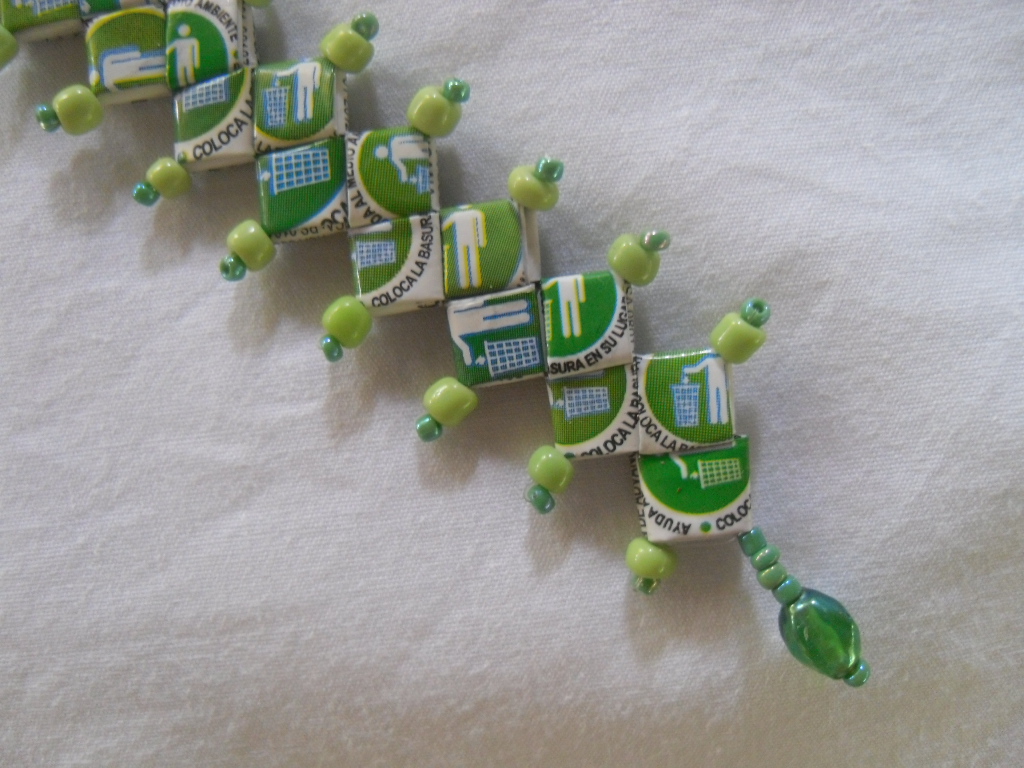
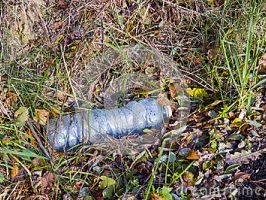
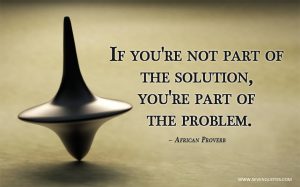 se there is no real option to put it anywhere anyway, apart from plastic bottles and aluminium cans that are collected and shipped off the island for recycling. At their own homes they may burn their trash, but when it rains (and this is the tropics), that is not an option either. So then it is the bush. Where the chickens will scratch through it, and neatly distribute it all over the place. Dogs will scrounge and find the edibles (including disposable diapers). So what’s left is plastic, loads of it, and cans, everywhere.
se there is no real option to put it anywhere anyway, apart from plastic bottles and aluminium cans that are collected and shipped off the island for recycling. At their own homes they may burn their trash, but when it rains (and this is the tropics), that is not an option either. So then it is the bush. Where the chickens will scratch through it, and neatly distribute it all over the place. Dogs will scrounge and find the edibles (including disposable diapers). So what’s left is plastic, loads of it, and cans, everywhere.